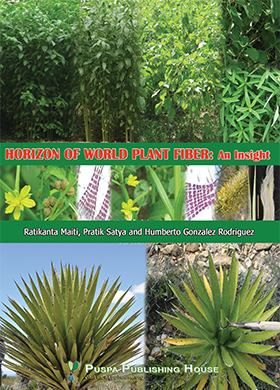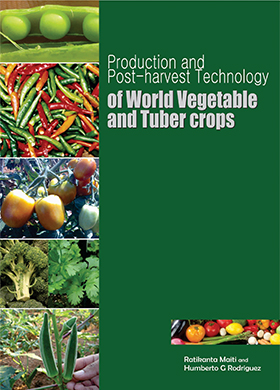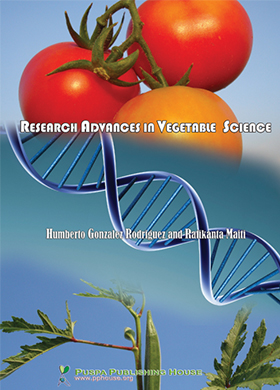Reference :1
Badar-uz-Zaman, Ali, A., Mahmood, A., Mahmood, I.A., Muhammad, A., Tabassam, T., 2017. Sunflower seed-priming with phosphate salts and seedling growth under Salt Stress. Asian Research Journal of Agriculture3-4, 1–8.
De Lespinay, A., Lequeux, H., Lambillottee, B., Lutts, S., 2010. Protein synthesis is differentially required for germination in Poa pratensis and Trifolium repens in the absence or in the presence of cadmium. Plant Growth Regulation 61, 205–214.
Farooq, M., Muhammad, U., Faisal, N., Hafeez ur, R., Abdul, W., Basra, S.M.A., Siddique, K.H.M., 2019. Seed priming in field crops: potential benefits, adoption and challenges. Crop and Pasture Science, 70-9,731–771.
Fuller, M.P., Hamza, J.H., Rihan, H.Z., Al-Issawi, M., 2012. Germination of primed seed under NaCl stress in wheat. International Scholarly Research Network ISRN Botany. Article ID 167804, 5 pages doi:10.5402/2012/167804.
Harris, D., Rashid, A., Miraj, G., Arif, M., Shah, H., 2007. ‘On-farm’ seed priming with zinc sulphate solution-A cost-effective way to increase the maize yields of resource-poor farmers. Field Crops Research 102, 119–127.
Hasan, M.N., Salam, M.A., Chowdhury, M.M.I., Sultana, M., Islam, N., 2016. Effect of osmopriming on germination of rice seed. Bangladesh Journal of Agricultural Research 41-3, 451–460.
Heydecker, W., 1973. Accelerated germination by osmotic seed treatment. Nature 246, 42-44. http://agritech.tnau.ac.in/seed_certification/seed%20treatments_seed%20harding%20drought%20trolence.html
Iqbal, M., Ashraf, M., 2010. Gibberellic acid mediated induction of salt tolerance in wheat plants: Growth, ionic partitioning, photosynthesis, yield and hormonal homeostasis. Environmental and Experimental Botany 86, 76–85.
Jain, L.K., Parewa, H.P., 2017. Management of agronomical constraints for enhancing seed spices production in Rajasthan. International Journal of Seed Spices 7-2, 87–92
Khan, H.A., Ayub, C.M., Pervez, M.A., Bilal, R.M., Shahid, M.A., Ziaf, K., 2009. “Effect of seed priming with NaCl on salinity tolerance of hot pepper (Capsicum annuum L.) at seedling stage” Soil & Environment 28-1, 81–87.
Krishnotar, B.B., Srivastava, A.K., Shahi, J.P., 2009. Response of rabi maize crop to seed invigoration with magnesium nitrate and distilled water. Indian Journal of Plant Physiolology, 14, 71–77.
Mehri, S., 2015. Effect of seed priming on yield and yield components of soybean, American-Eurasian Journal of Agricultural & Environmental Sciences 15-3, 399–403.
Muhammad, I., Kolla, M., Volker, R., Gunter, N., 2015. Impact of nutrient seed priming on germination, seedling development, nutritional status and grain yield of maize. Journal of Plant Nutrition, 38, 1803–1821.
Patil, B.C., Pawar, K.N., Babu, A.G., 2014. Studies on induction of drought tolerance by seed hardening in Bt cotton. Plant Archives 14-1,357-362.
Prabhu, T., Kumar, P., Satheesh, Saravanan, K., Kamaraj, A., 2018. Pre-sowing seed hardening enhancement treatment on seed quality and seed yield in rice ADT 36. International Journal of Plant Sciences, 13-1,135-140.
Rahman, M.M., Ahammad, K.U., Alam, M.M., 2011. Effect of soaking condition and temperature on imbibition rate of maize and chickpea seeds. Research Journal of Seed Science 4, 117–124.
Raj, N.S., Shetty, N.P., Shetty, H.S., 2004. Seed bio-priming with Pseudomonas fluorescens isolates enhances growth of pearl millet plants and induces resistance against downy mildew. International Journal of Pest Management, 50, 41–48.
Roy, N.K., Srivastava, A.K., 1999. Effect of presoaking seed treatment on germination and amylase activity of wheat (Triticum aestivum L.) under salt stress conditions, Rachis18,46-51
Solaimalai, A., Subburamu, K, 2004. Seed hardening field crops, Agricultural Review 25-2, 129–140.
Timmusk, S., Abd El-Daim, I.A., Copolovici, L., Tanilas, T., Kannaste, A., Behers, L., Nevo, E., Seisenbaeva, G., Stenstrom, E., Niinemets, U., 2014. Drought-tolerance of wheat improved by rhizosphere bacteria from harsh environments: enhanced biomass production and reduced emissions of stress volatiles. PLoS One 9-5, e96086.
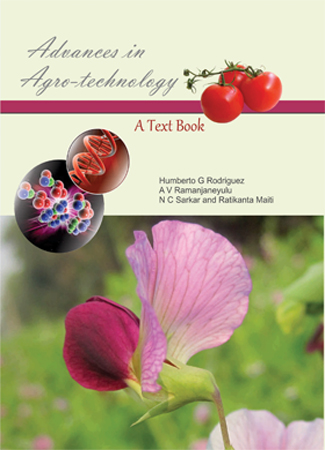
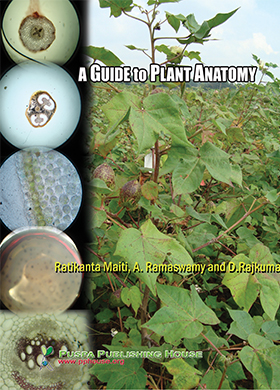
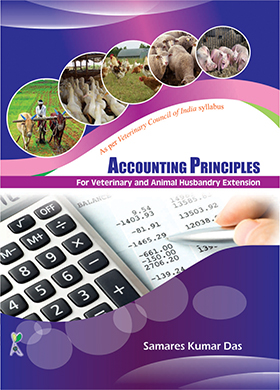
.jpg)
.jpg)


